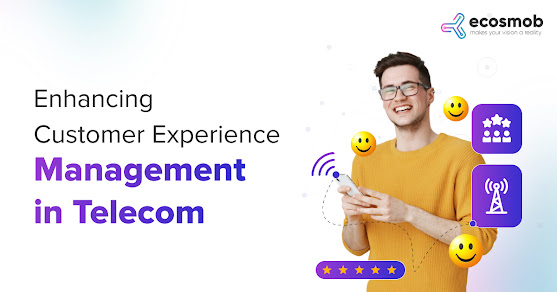Understanding BYOC and Its Integration with Telecommunications
BYOC allows businesses to select telephony carriers for SIP trunking and other communication services. Unlike traditional models where Unified Communications as a Service (UCaaS) providers bundle carrier services, BYOC provides the flexibility to choose a preferred carrier independently. This choice empowers businesses to leverage existing carrier relationships or find new ones that offer better rates, higher quality, or more extensive geographic coverage. In addition, Bics study indicates that the cloud services market has quadrupled since 2014 and is expected to reach $927.51 billion in valuation by 2027.
Now, let’s discuss the benefits of BYOC for your business.
Key Benefits of BYOC for Businesses
Choosing a BYOC strategy simplifies this process by allowing you to select your carrier and integrate it into your Unified Communication system. Some noteworthy advantages provided by BYOC are as follows:
Cost Savings
One of the most significant benefits of BYOC is cost efficiency. Businesses can negotiate directly with carriers or use existing agreements to reduce costs. This direct negotiation often results in more competitive rates than those offered in bundled UCaaS packages.
Customization and Control
BYOC gives businesses greater control over their telecommunications strategy. Companies can select carriers based on specific needs, like geographic coverage, carrier billing options, and the quality of services. This control extends to the choice of SIP trunk providers and the use of Session Border Controllers (SBCs) for added security and management of voice traffic.
Communication Reliability and Quality
Businesses can enhance the quality and reliability of their communication systems by choosing a carrier known for reliable service. This reliability is crucial for maintaining business continuity and ensuring efficient communication with clients and partners.
Flexibility and Scalability
With BYOC, businesses can quickly adapt their telecommunication strategies to changing needs. Whether scaling up or down, companies can adjust their carrier services without being tied to a specific UCaaS migration provider's limitations.
Enhanced Geographic Coverage
Businesses with a global presence can benefit from BYOC by selecting carriers with strong local networks in different regions. This approach ensures better call quality and potentially lower costs for international communications.
Integration with Cloud Communications
BYOC seamlessly integrates with cloud communication platforms, offering businesses the advantages of cloud technology, such as reduced hardware costs, enhanced mobility, and improved collaboration tools.
BYOC Implementation in Business
Implementing BYOC requires a strategic approach. Businesses should consider factors like existing carrier contracts, the quality of potential carriers, and the compatibility of carriers with their current communication infrastructure, including UCaaS platforms and telecom APIs. Additionally, Session Boundary Controller solution development manages IP communication sessions, and assessing the need for Session Border Controllers for secure and efficient SIP trunking is crucial.
BYOC Challenges and Considerations
While BYOC offers numerous advantages, businesses should be aware of potential challenges. These include the complexity of managing multiple carrier relationships, the need for robust technical support, and ensuring seamless integration with existing communication systems. Furthermore, companies should consider the potential impact on their communication model, especially regarding staff training and the transition period.
Wrapping Up
BYOC is not just a trend but a strategic shift in telecommunications that provides businesses with unprecedented control and customization. Companies can create a robust, flexible, and cost-effective communication system by carefully selecting carriers that align with their communication needs and integrating these services into their existing infrastructure. Whether enhancing global reach through extended geographic coverage or ensuring high-quality communication through reliable SIP trunk providers, BYOC offers a path to a more efficient, scalable, and tailored telecommunication strategy. On the other hand, Ecosmob provides BYOC service with an industry-leading VoIP business phone system in several countries. Please do not hesitate to contact us if you need any support.
About Ecosmob
Ecosmob Technologies provides the service of hiring expert VoIP developers to design and develop an array of business communication solutions. With the right blend of expertise and decade-long experience, developers can deliver the ultimate business telephony solutions, and MVNO solution development services to enhance productivity and efficiency. Ecosmob provides flexible hiring models to help businesses cater to their requirements according to their needs and budgets.
To know more visit: https://www.ecosmob.com/
Original Source: https://www.ecosmob.com/bring-your-own-carrier-benefits-for-business/








